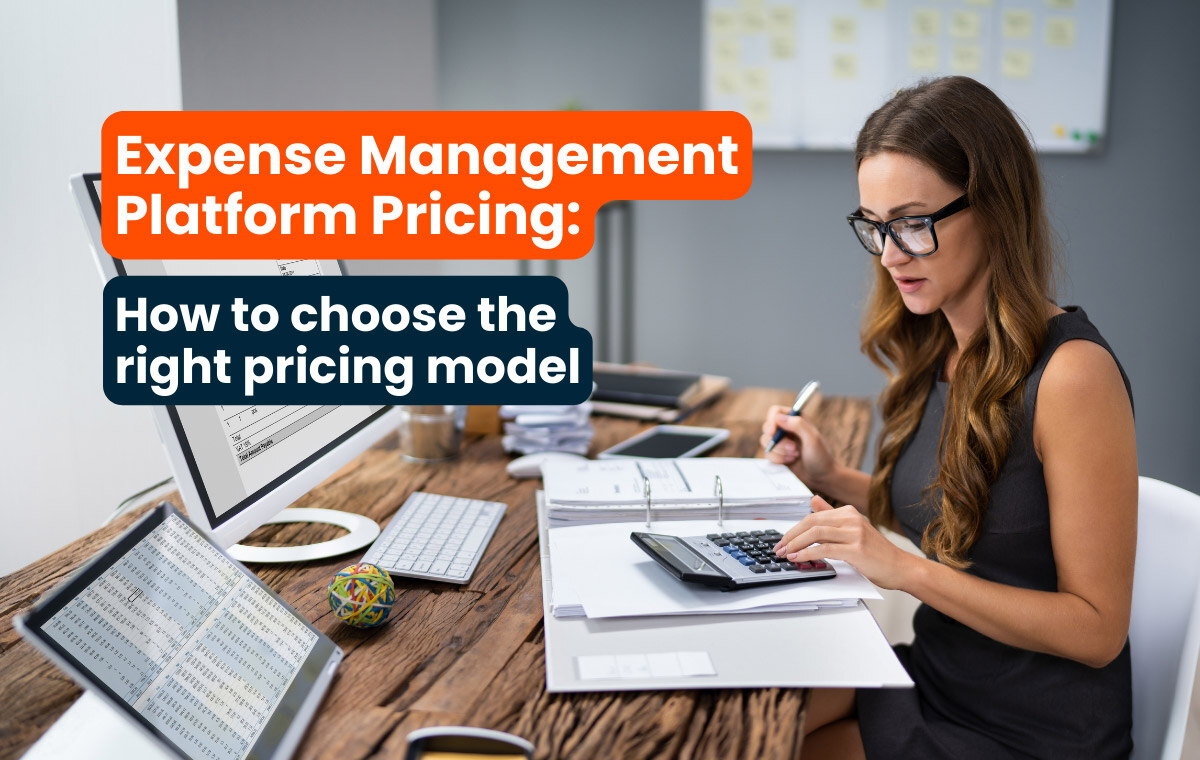Here's the lowdown on the typical pricing strategies used by expense management platform providers, so that you can figure out which one works best for your organisation.

Here's the lowdown on the typical pricing strategies used by expense management platform providers, so that you can figure out which one works best for your organisation.
